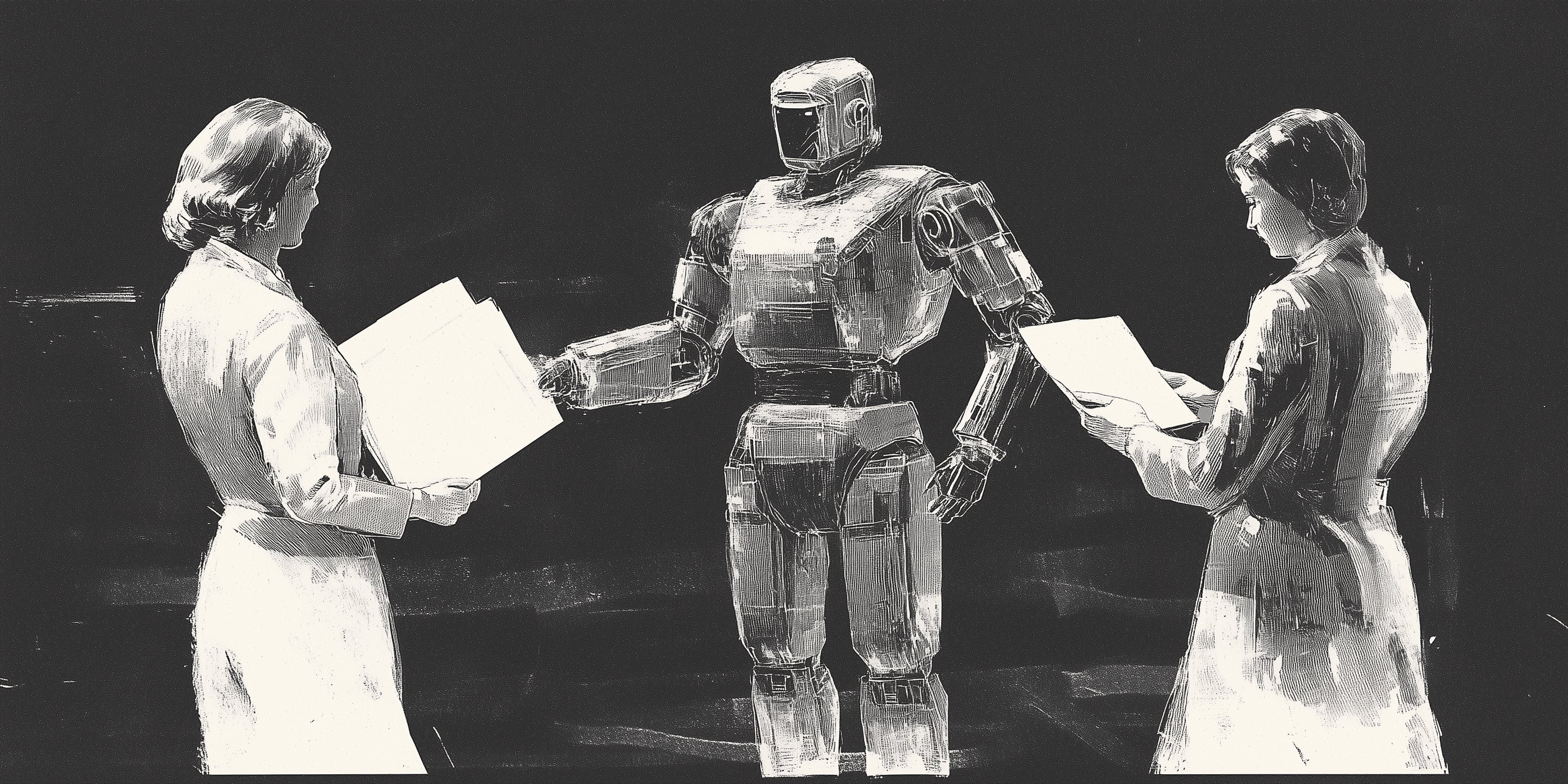Prompathy
Anthropomorphizing AI by padding prompts with polite or emotional language, despite the model’s lack of real emotion.
Creativity
·
Samuel Salzer
Creativity
·
Samuel Salzer



Prompathy
Definition
n. The habit of anthropomorphizing AI during prompt creation, using polite or emotional language (“please,” “thank you,” “I’d love it if...”) despite knowing the AI lacks genuine feelings.
Promptaphy reveals how quickly we slip into social scripts, even with non-sentient systems. It can foster an illusion of empathy or rapport, obscuring the fundamentally mechanical nature of the interaction.
Origins
A fusion of “prompt” and “empathy,” Promptaphy reflects our innate tendency to endow inanimate objects with personality. As AI interactions become more conversational, politeness becomes second nature—whether it’s needed or not.
Definition
n. The habit of anthropomorphizing AI during prompt creation, using polite or emotional language (“please,” “thank you,” “I’d love it if...”) despite knowing the AI lacks genuine feelings.
Promptaphy reveals how quickly we slip into social scripts, even with non-sentient systems. It can foster an illusion of empathy or rapport, obscuring the fundamentally mechanical nature of the interaction.
Origins
A fusion of “prompt” and “empathy,” Promptaphy reflects our innate tendency to endow inanimate objects with personality. As AI interactions become more conversational, politeness becomes second nature—whether it’s needed or not.
Definition
n. The habit of anthropomorphizing AI during prompt creation, using polite or emotional language (“please,” “thank you,” “I’d love it if...”) despite knowing the AI lacks genuine feelings.
Promptaphy reveals how quickly we slip into social scripts, even with non-sentient systems. It can foster an illusion of empathy or rapport, obscuring the fundamentally mechanical nature of the interaction.
Origins
A fusion of “prompt” and “empathy,” Promptaphy reflects our innate tendency to endow inanimate objects with personality. As AI interactions become more conversational, politeness becomes second nature—whether it’s needed or not.


